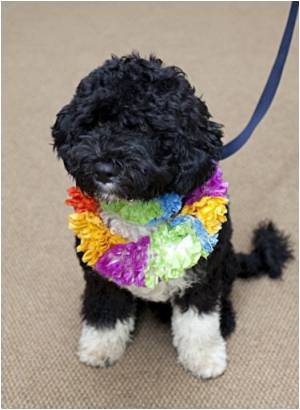A pilot study about human-canine interactions has found that dogs owned by men, especially neurotic men, approach their owners more often than dogs of female owners.

Recently, a study determined that women and cats enjoy particularly strong bonds. Now some of the same members of that cat research team have turned their focus to dogs, which really may be man's best friend.
"The sensitivity of dogs to owner sex may be rooted in their wolf ancestry, where sexes engage in distinctly different social roles," lead author and a University of Vienna researcher Manuela Wedl told Discovery News.
Wedl, project leader Kurt Kotrschal, and their colleagues observed and analyzed how dogs and their owners interacted with each other during an experiment.
Ten male and 12 female owners of male dogs were each asked to view 15 dog pictures that had been placed on the windows and walls of a room.
They were also asked to write down three words that they would associate with each of these pictures. This activity was just meant to keep the owners occupied because the researchers were more interested in what happened next.
Prior to this experiment, the owners filled out questionnaires that helped to determine their personality types and how they felt about their dog.
Wedl, however, pointed out that overall she and her team "did not find any effect of owner gender on the time the dog was staying close to the owner or on the time the dog was oriented towards the owner."
If a woman scored high in neuroticism, her dog would also tend to stay close by.
The study also found that the more important it was for the owner to "spend time with the dog," the longer the dog and owner were observed to be close or next to each other.
The findings are published in the journal Interaction Studies.
Source-ANI
 MEDINDIA
MEDINDIA




 Email
Email




